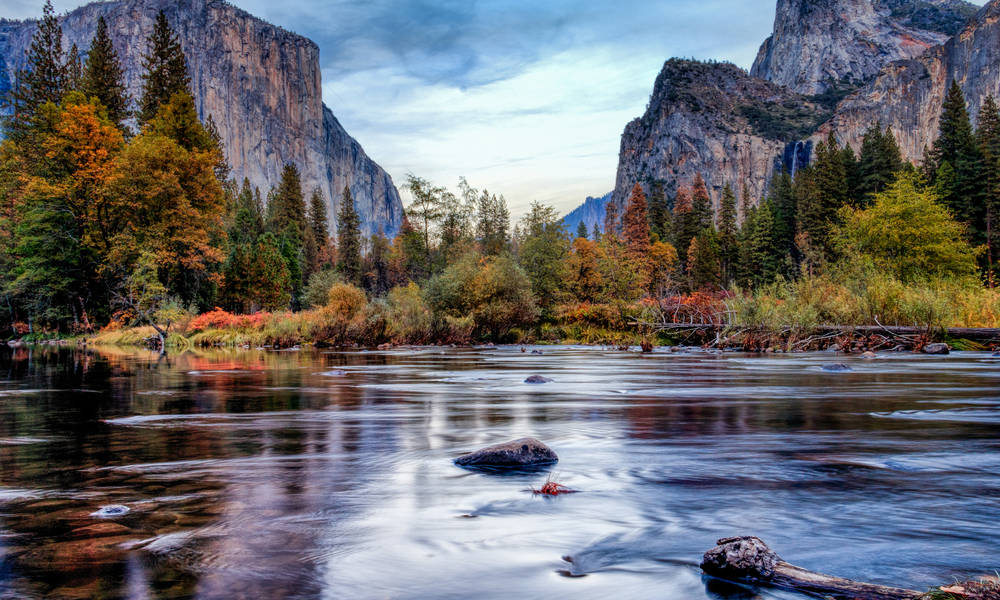
The Advocacy Success Story Behind a National Park Fee Retreat
The Interior Department's announcement of a modest entry-fee increase for visitors to U.S. national parks---after initially proposing a dramatic price hike---highlights the work of the National Parks Conservation Association and other groups that harnessed public opposition to the plan.
The U.S. Department of the Interior wanted to nearly triple the admission fees for some of the country’s most popular national parks—but in the face of mass opposition, the government appears to be backing off.
Last week, the agency announced that entry fees will go up $5 at all 117 fee-charging parks starting June 1. One reason for the relatively small increase was likely a campaign against a bigger hike spearheaded by the National Parks Conservation Association (NCPA).
The initial proposal, released last October, would have raised entry fees for cars from $25 to $70 during peak seasons at 17 of the most-visited national parks, with lower costs for hikers or those riding motorcycles. The Interior Department said the additional revenue would pay for much-needed maintenance of roads, bridges, campgrounds, and other infrastructure. But the plan faced a backlash from NCPA and other fans of the parks who warned that such a steep price increase would deter visitors and hurt local economies that rely on park-related tourism.
“We should not increase fees to such a degree as to make these places—protected for all Americans to experience—unaffordable for some families to visit,” NPCA President and CEO Theresa Pierno said in October. “The solution to our parks’ repair needs cannot and should not be largely shouldered by its visitors.”
The association called on the public to speak out against the price increase and pressure Congress to pass the National Park Service Legacy Act, which would establish a dedicated park maintenance fund. NPCA helped drive more than 110,000 public comments in just 30 days—around 98 percent of which opposed the hike.
The association also led more than 80 businesses and community officials in a letter describing the potential negative economic impact of the proposal. The letter—which gained support from the Outdoor Industry Association, as well as tourism boards, hotels near national parks, and local businesses—supported congressional action instead of across-the-board price increases for visitors.
That outcry led the Interior Department to back off the proposal, with Interior Secretary Ryan Zinke recommending a “balanced plan” as an alternative. Pierno praised the change.
“From the moment the administration made its proposal to triple fees at some of America’s most popular national parks, many businesses, gateway communities, governors, tourism groups, conservation organizations, and the public have said this was the wrong solution for parks’ repair needs,” Pierno stated in a news release. “The public spoke, and the administration listened.”
(uschools/E+/Getty Images Plus)






Comments